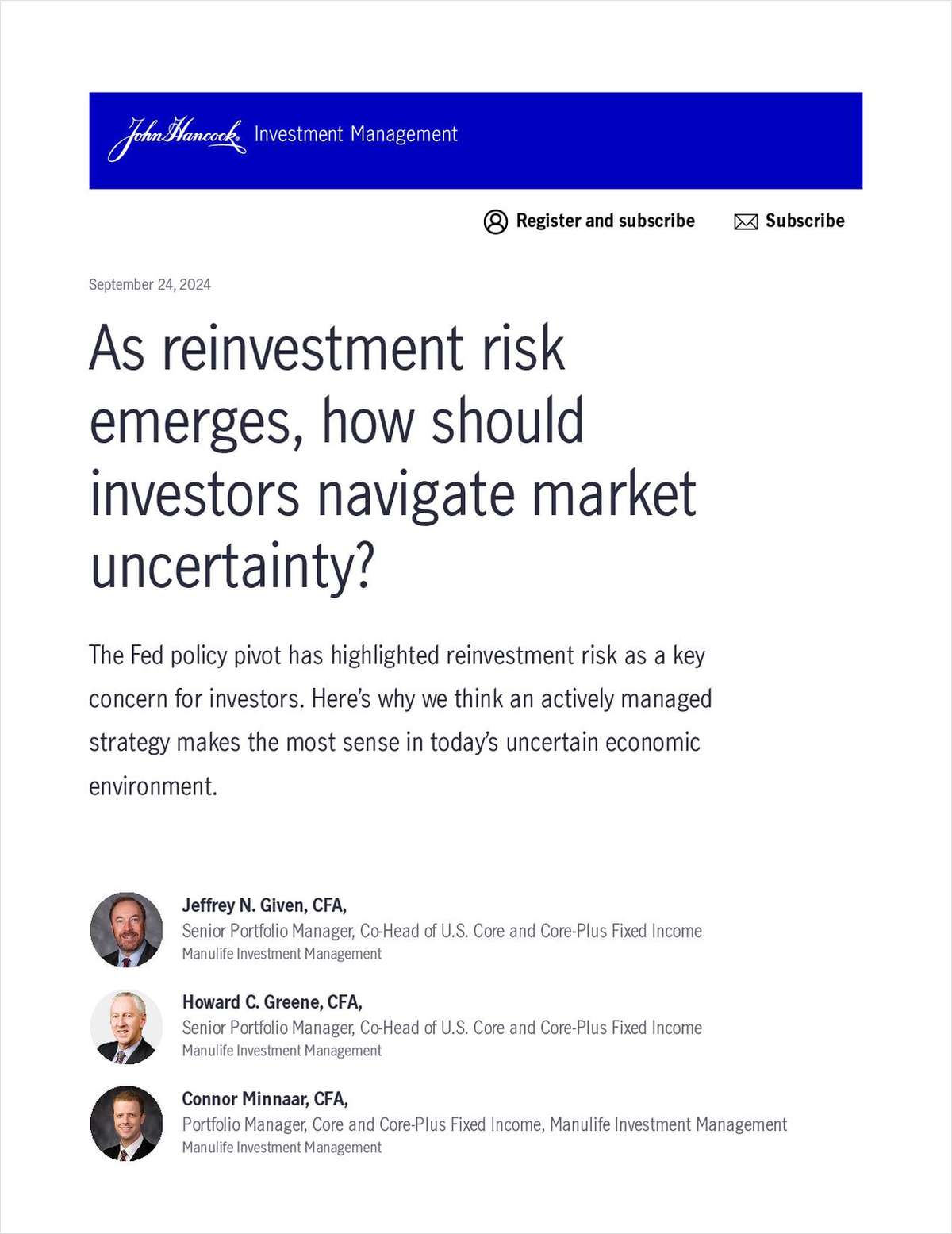WASHINGTON BUREAU — Two types of federal regulators should oversee the life insurance industry, the chairman of the American Council of Life Insurers said today.
In testimony before the House Financial Services Committee capital markets subcommittee, Patrick Baird, chief executive of Aegon USA, said life insurers should be regulated both by the same systemic risk regulator that oversees the banking and securities industries, and by a federal functional insurance regulator "made available to all life insurance companies within the industry on a voluntary basis."
But Baird, who spoke at a subcommittee hearing on systemic risk and insurance, said he agrees with Michael McRaith, Illinois insurance director, that the amount of systemic risk that life insurers pose is limited.
Although the life insurance industry as a whole is systemically important, "we do not believe any individual life insurance company can accurately be characterized as posing systemic risk," Baird testified.
McRaith, who testified on behalf of the National Association of Insurance Commissioners, Kansas City, Mo., regarding systemic risk, said state insurance regulators do not believe that the "too big to fail" concept applies to insurers.
"While isolated lines of insurance may be susceptible to systemic risk, and while insurers are exposed to market risk as are other investors, the current insurance regulatory system closely supervises and manages any purported insurance sector risk to the economy," McRaith said.
Life insurers are major participants in the bond and equity markets, and life insurers are affected by problems with mortgage-related products, McRaith said.
"For that reason, the life insurance industry has experienced the effects of systemic risk caused by downturns in the mortgage loan/structured securities and derivatives markets," he said.
"To be clear, though, the business of life insurance, in and of itself, does not pose systemic risk to the broader economy or the U.S. financial system," McRaith said.



